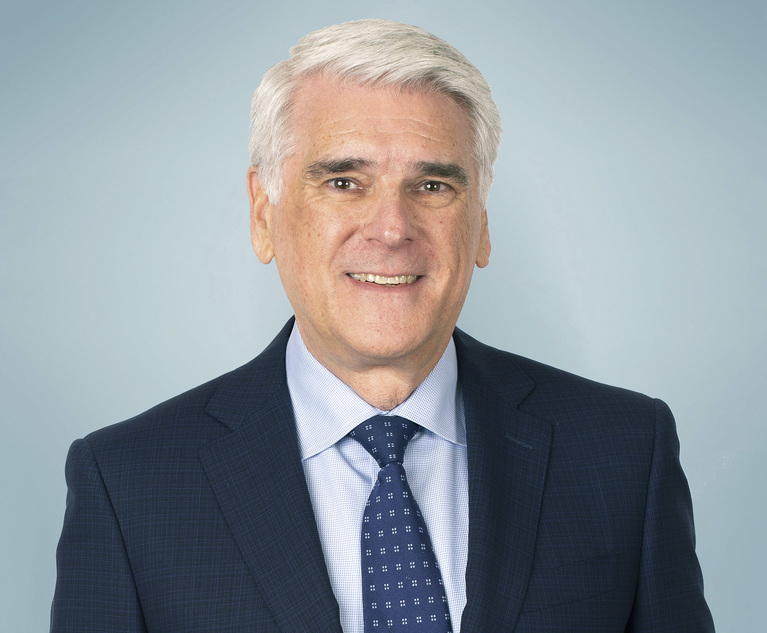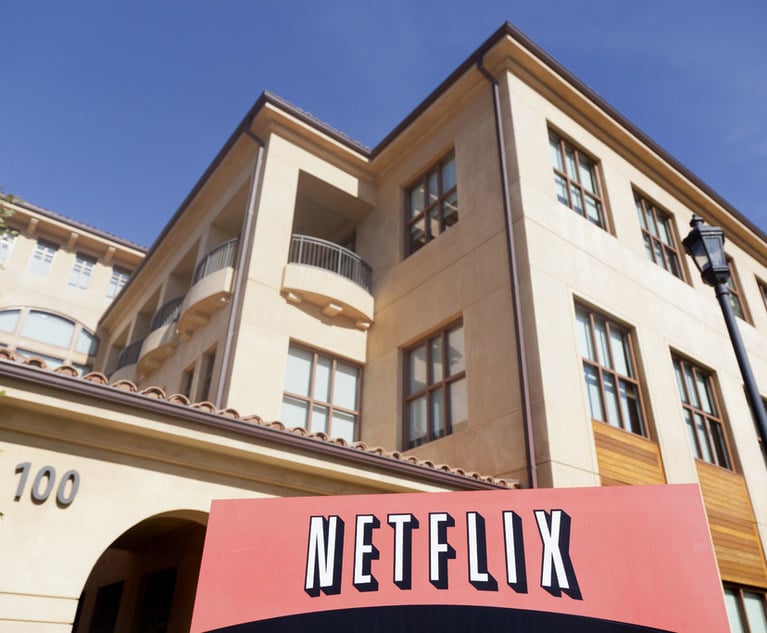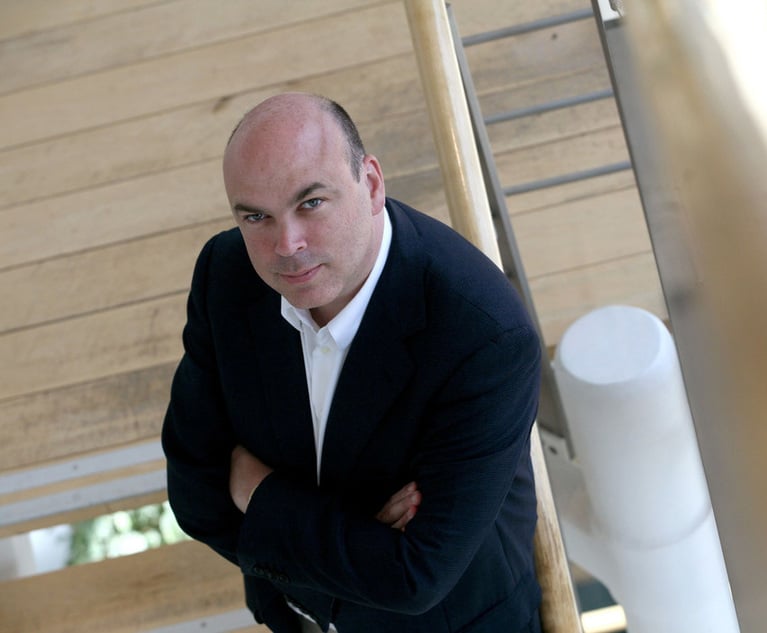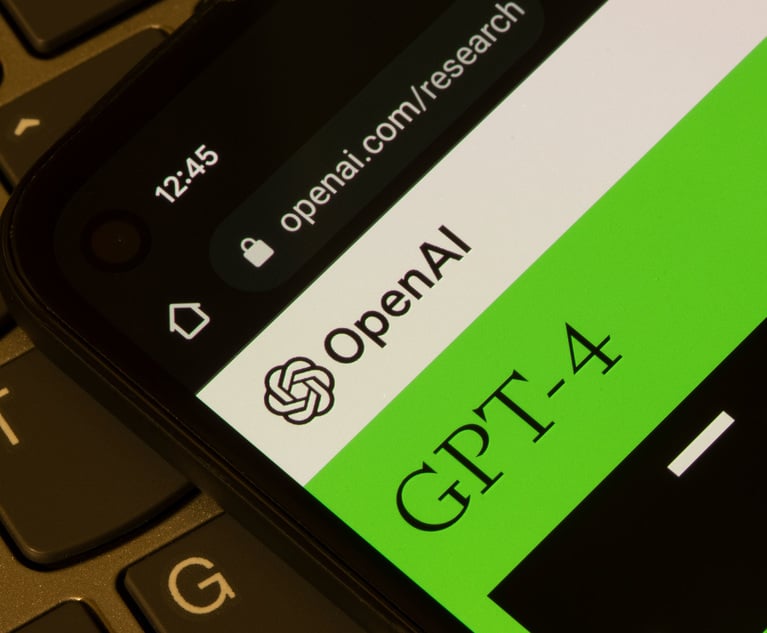After two trials, two Federal Circuit decisions, and two solicitor general recommendations against granting cert, the Supreme Court decided Friday to weigh in on the titanic copyright struggle between Oracle and Google over Java APIs.
Up until now, the focus has been on whether the Federal Circuit correctly decided the issues of copyrightability and fair use. Now that they’ve granted cert, the justices will be painting on a blank canvas, bounded only by outdated copyright statutes and their own on-again, off-commitment to stare decisis.








